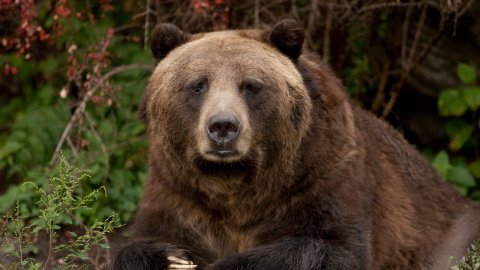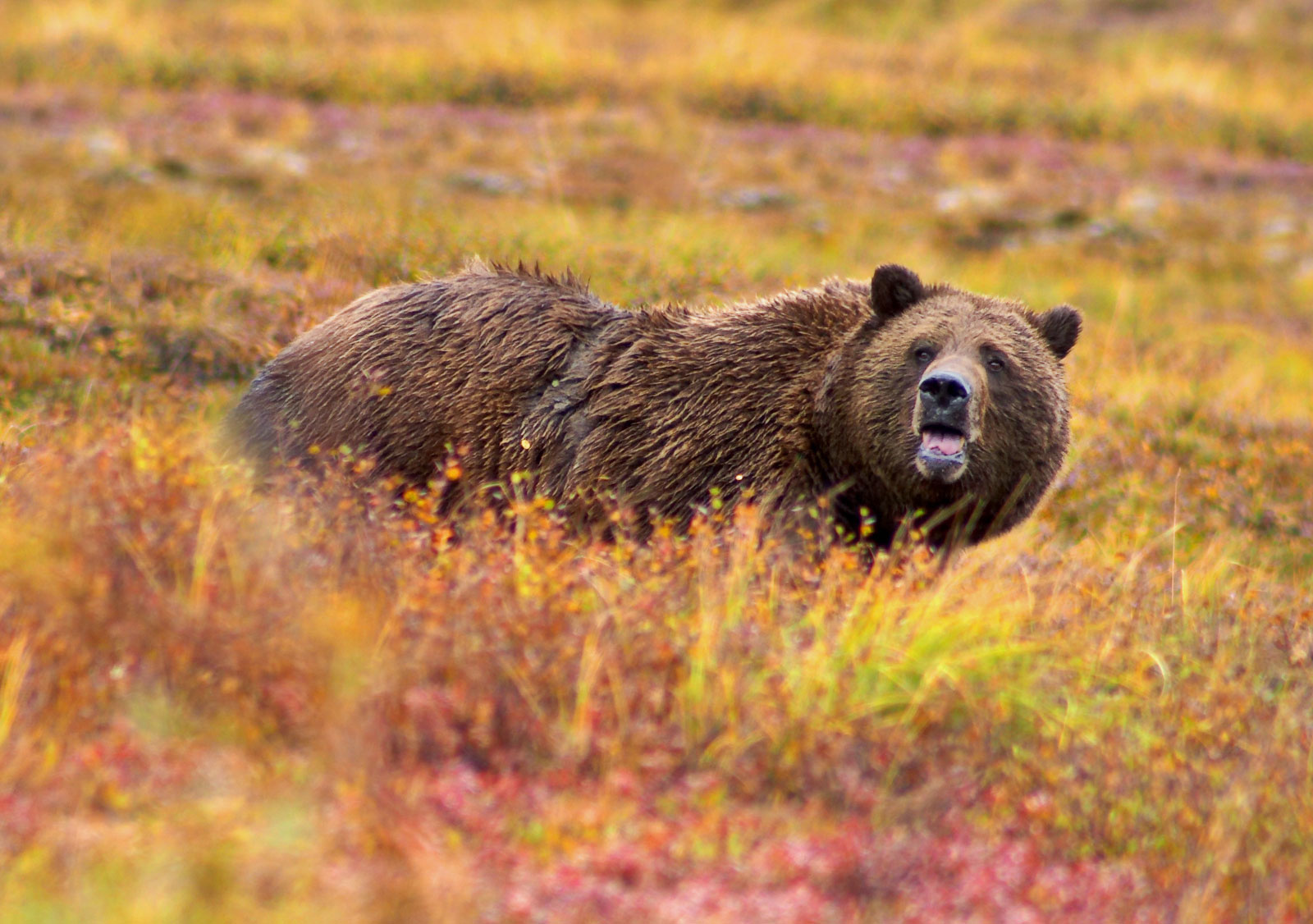Yellowstone’s Grizzly Bears are Waking Up Early

While some of us are trying to stay warm under a mound of blankets due to daily below-zero temperatures, some grizzly bears at Yellowstone National Park think it’s warm enough to be spring. Ted Alvarez from Grist reports that bears have been spotted hunting around for food as early as February 9th. However, it’s uncertain if this event should be listed as another side effect of climate change or an anomaly.
It’s an unusual sighting to say the least. One Yellowstone Park spokesperson, Al Nash, confirmed the odd sighting when he spoke to Alvarez in an interview:
“I look back at the past half-dozen years, and we’ll have a first confirmed report in the first week, two weeks of March — so this is earlier than normal. It’s certainly an indicator, but it’s not necessarily a rush of bears leaving their dens. If there’s one, though, it’s safe to assume that there will be others.”
It may be a shock for those in the northeastern and northcentral part of the U.S. to hear, but the country has experienced warmer temperatures overall this season. Reports indicate that this is the sixth warmest winter on record. The early rising bears could be another indicator of the planet’s climate shift, but Nash says there isn’t enough data yet to support such a claim. He said to Alvarez:
“We recognize that we are seeing a change in the climate to Yellowstone. We don’t have as much information as we’d like to inform any change from our current management efforts, but it’s an area that we continue to look at, knowing that some of the information we’ve already seen about warmer temperatures, potentially shorter winters could have a variety of impacts.”
Climate change or no, the bears thrive off of the carcasses of weather-killed animals through winter. Now that some bears are rising early, it’s uncertain if there will be enough food to go around when more awaken. After all, the bears hibernate in order to mitigate the lack of food available to them during the winter months. There are some snowstorms on the horizon yet, so it’s uncertain how the early-risers of Yellowstone will fare in the coming months. Though, Nash is optimistic about the situation:
“All the wildlife that live in this region are used to dealing with weather extremes. … Yellowstone is not a place for the faint of heart, whether man or beast.”
Read more at Grist.
Photo Credit: Scott Calleja/Flickr




